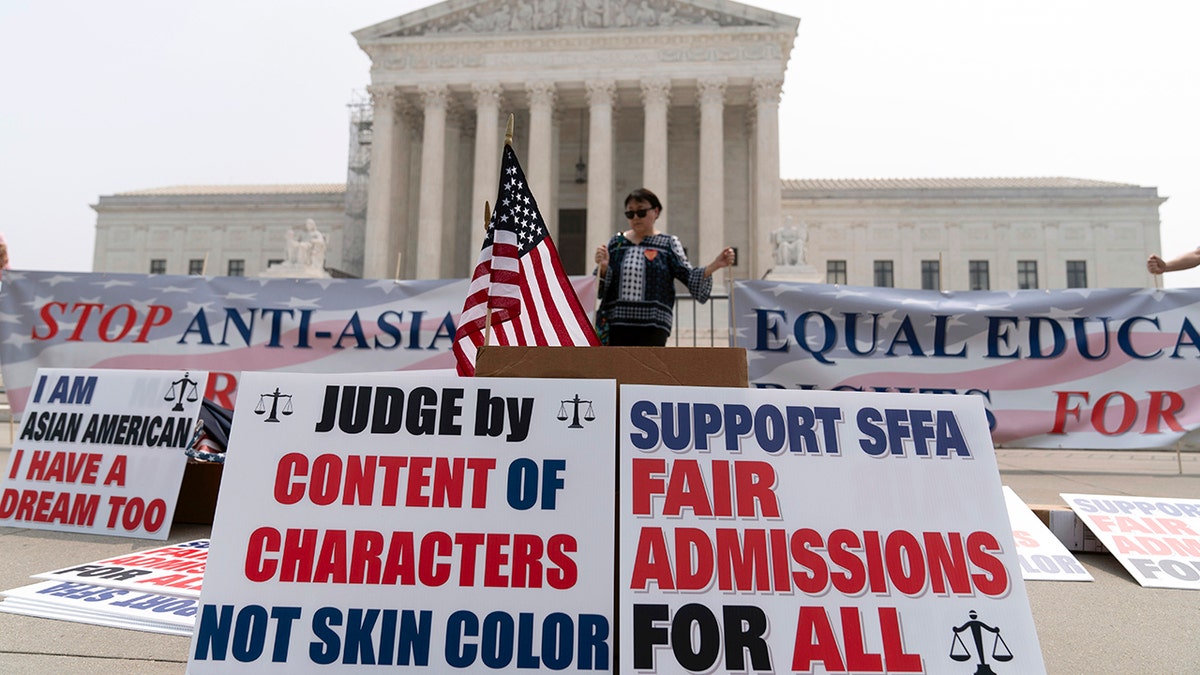While the Supreme Court's decision to overturn affirmative action is a significant step towards equality in university admissions, the fight against racial discrimination is far from over. The ruling, which deems race-based admissions unconstitutional, emphasizes that students should be evaluated as individuals, not based on their race.
However, some universities are already exploring ways to circumvent the ruling by focusing on an applicant's experience with race rather than race itself. This maneuvering underscores the deeply ingrained nature of DEI (Diversity, Equity, and Inclusion) initiatives within academia and other institutions.

Several tactics are being employed to sidestep the Supreme Court's decision. One such tactic involves eliminating standardized testing, which has historically revealed disparities and biases in admissions. By removing these objective measures, universities can exercise discretion behind closed doors, potentially perpetuating discrimination through "holistic" evaluations.

Another strategy involves shifting the responsibility for discriminatory practices onto third-party organizations through privately funded programs and initiatives. While this tactic attempts to create a layer of separation, it does not absolve institutions of their legal and ethical obligations.

Furthermore, institutions are resorting to linguistic manipulation, using terms like "first generation," "historically underrepresented group," or "marginalized populations" as substitutes for race. This semantic maneuvering attempts to achieve diversity goals while ostensibly avoiding explicit mention of race.

Technology, particularly algorithms and artificial intelligence, is also being leveraged to manipulate applicant pools and achieve desired quotas. This raises concerns about the potential for unseen biases and manipulation in admissions processes.
While the Supreme Court's ruling is a positive development, it is crucial to remain vigilant and address the evolving strategies used to perpetuate discrimination. True equality requires ongoing efforts to ensure fair and unbiased evaluation of individuals based on their merits and qualifications, not on their race or ethnicity.
Comments(0)
Top Comments